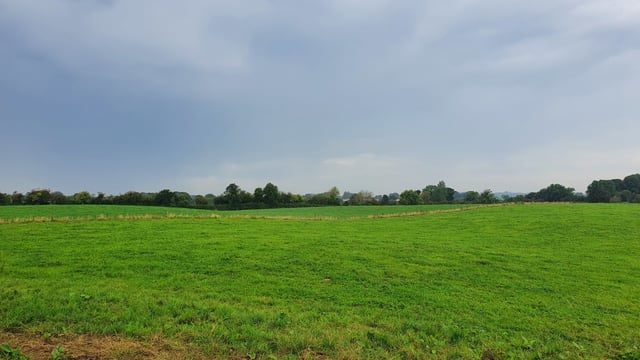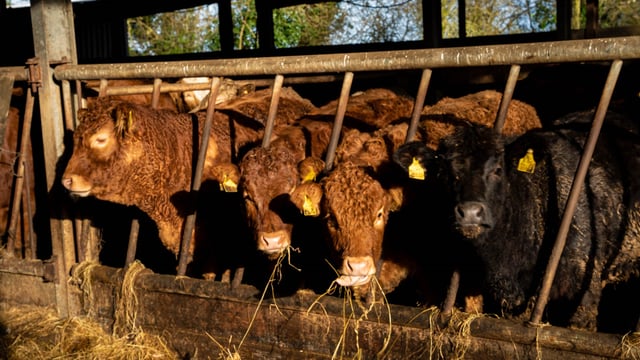Tillage sector needs 'to do more' to protect water quality - expert group
The government-appointed Nitrates Expert Group (NEG) believes that the tillage sector "needs to do more to protect water quality".
The government has set a target of increasing the area in tillage to 400,000ha.
But NEG, which provides scientific advice to the Minister for Housing, Local Government and Heritage and the Minister for Agriculture, Food and Marine, has discussed if there may be "implications" for water quality from any tillage expansion.
According to the minutes from one of the group's meetings its members believe that "more should be done in addition to existing schemes".
"The Department of Agriculture, Food and the Marine (DAFM) recommended that measures should be encouraged through co-op and industry incentives and schemes.
"The Programme for Government has committed to expanding tillage but more regulatory measures may drive tillage farmers out of the sector," the minutes outline.
NEG also highlighted in minutes from a recent meeting that DAFM has considered the interim review of the tillage food vision group.
"A tillage expansion and sustainability scheme is being proposed which may include measures for cover crops protected urea, use of organic manure, and pesticides.
"The scheme is dependent on budget allocation but this may be the best mechanism for including cover crop measures," the minutes outline.
The group also referenced discussions in media on using slurry on tillage land and agreed that overall "that if the nutrient surpluses are managed and distributed appropriately it would be a beneficial approach".
The NEG is jointly chaired by the Department of Housing, Local Government and Heritage (DHLGH) and DAFM and includes senior scientific experts from DHLGH, DAFM, and technical experts on water quality and agriculture from the Environmental Protection Agency (EPA) and Teagasc.
Its key objective is to "protect water quality and the environment against pollution from agricultural nutrients".
The group is required to meet at "least quarterly" but in 2023 has met at least 15 times and throughout the year has provided "ongoing scientific advice and support" to Minister Charlie McConalogue and Minister Darragh O'Brien.
Meeting minutes from the group are published on DHLGH's website and provide an insight into the focus for NEG particularly in relation to key issues such as nutrient surpluses, chemical N fertiliser reduction, fencing of drains and buffer strips.
In relation to nutrient surpluses NEG has confirmed in its meeting minutes that DAFM is "progressing a plan for how knowledge transfer on nutrient surpluses and nutrient management on the grazing platform will be delivered and the associated timelines".
The group has also heard that Teagasc is developing a new Nutrient Surplus Model Pilot.
Various meeting minutes detail that:
- DAFM is considering how inspection and enforcement can be undertaken for nutrient surpluses and establishing a National Feeds Database will be an important component of this;
- DAFM is discussing internally how the IT system can be set up to deal with limiting out farm stocking rate to 170 organic nitrogen (N)/ha within a certain radius;
- The NEG should consider if the evidence base is available to target a separate regulation at fencing drains feeding into an abstraction point;
- DAFM is looking at current regulation and considering where fencing is mentioned and if wording should be considered to include physical barriers as well as fencing to provide clarity for inspectors;
- DAFM is considering the use of GPS trackers on tankers for the sixth Nitrates Action Programme.
All members of the NEP have agreed that farmers should declare slurry movement "in advance".
But they have also warned that "this measure will only be successful if the movement data is provided to DAFM and local authority inspectors in a timely manner".





